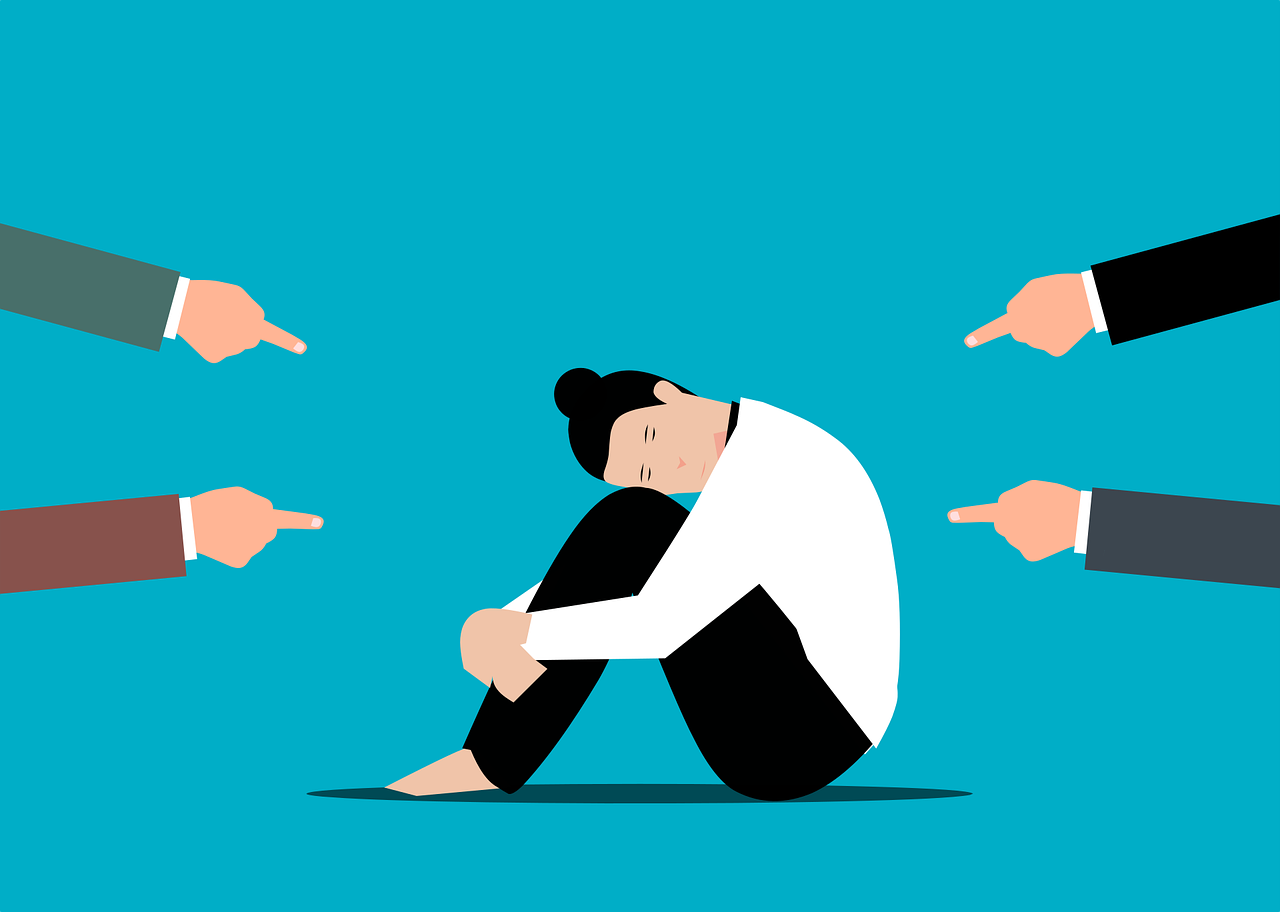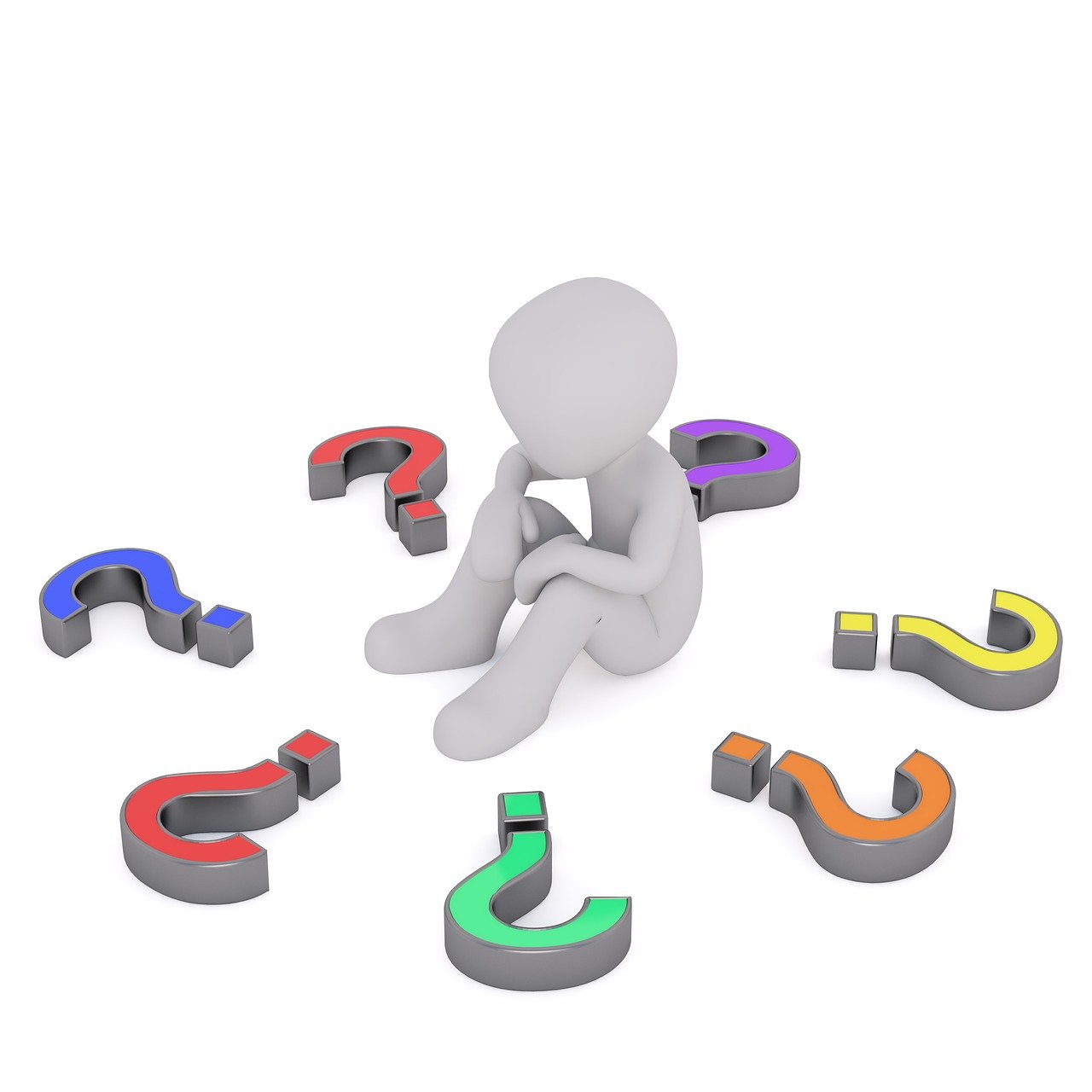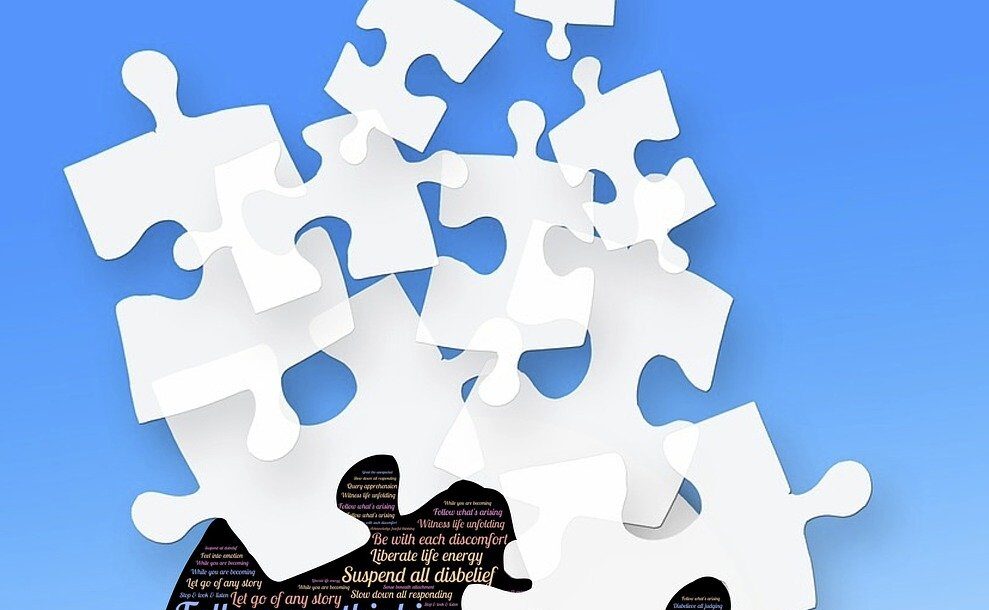Blame is a common response to adversity or mistakes in life. Whether we blame others, external circumstances, or even ourselves, it’s a natural, though often unhelpful, reaction. But why do we feel the need to assign blame when things go wrong, and what does it do to our emotional well-being?
Why We Blame
At its core, blaming is an instinctive way to make sense of uncomfortable situations. It often arises when we feel powerless, frustrated, or upset. Here are some common reasons why people engage in blaming behavior:
- Avoiding Responsibility: When a mistake happens, it’s much easier to point the finger at someone else than to admit fault. This is a defense mechanism that helps people preserve their self-esteem. By blaming others, they avoid facing their own role in the problem.
- Emotional Release: Blaming can provide temporary emotional relief. When we’re angry or hurt, blaming someone else can help us channel those intense feelings outward. This might make us feel better in the moment, but it often does little to solve the problem.
- Sense of Control: Humans naturally seek explanations for why things happen. Blaming offers a simple way to “explain” an issue, which can make people feel more in control of the situation, even if that control is an illusion.
- Self-Protection: On the flip side, some people tend to blame themselves excessively as a way to gain control. They believe that if they caused the problem, they have the power to fix it. However, this often leads to feelings of guilt and shame, rather than productive change.
The Downside of Blame
While blaming may offer some short-term emotional relief, it ultimately comes with significant downsides. Blame shifts focus away from solutions and growth, trapping people in cycles of anger, resentment, and self-criticism. It can strain relationships, create misunderstandings, and even contribute to mental health issues like anxiety and depression.
In many cases, blame prevents us from fully understanding the underlying issues at play. Rather than digging deeper to uncover what’s really going on, we stay stuck in the narrative of assigning fault. This limits our ability to move forward and heal.
Moving Beyond Blame
To break free from the blame cycle, it’s important to cultivate self-awareness and focus on solutions rather than fault. Taking responsibility for our actions, even when it’s difficult, helps us grow and learn from our mistakes. Similarly, showing empathy and understanding toward others fosters better communication and healthier relationships.
Instead of asking “Who’s to blame?” a more productive question is, “What can I do to improve the situation?” Shifting from blame to action opens up space for healing, growth, and meaningful change.
How Growth Healing Therapy Can Help
If you find yourself caught in patterns of blame—whether directed at others or yourself—Growth Healing Therapy can provide the tools you need to break free. This unique approach helps you explore the deeper emotions and unconscious thoughts driving the need to blame, allowing you to release those blockages. By tapping into your innate ability to heal, you’ll uncover the strength to take ownership of your experiences without the burden of blame, empowering you to move forward with clarity and compassion.
Healing starts when you stop blaming and start growing. My therapy helps guide that process so you can find peace and lasting emotional freedom.




Leave a Reply